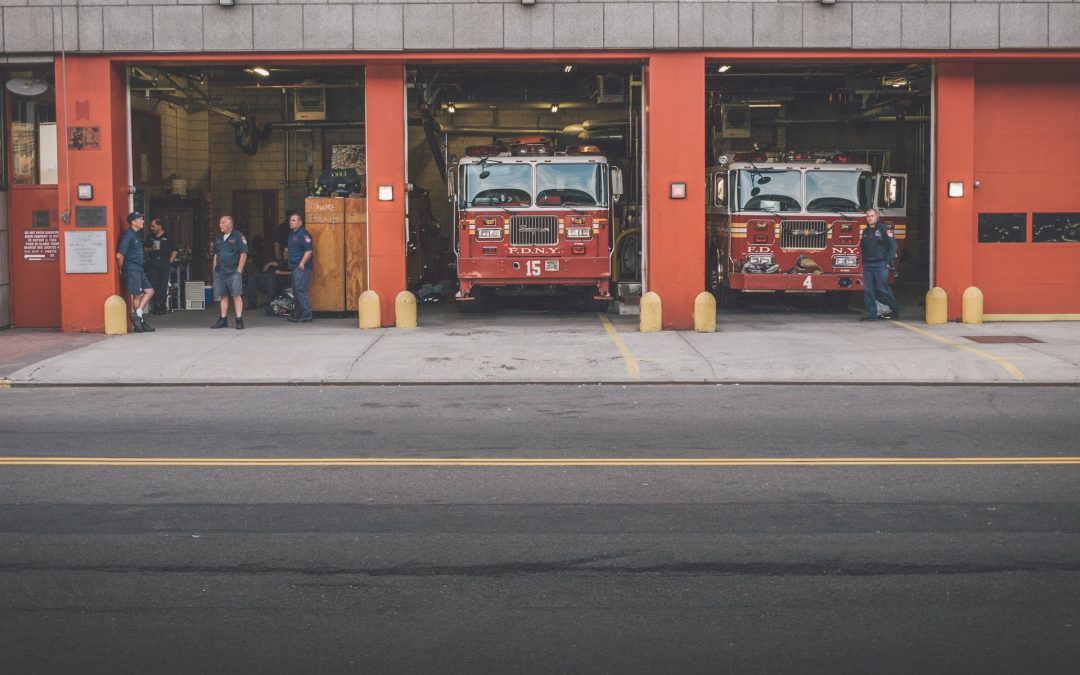The pandemic has had significant impacts on paid, volunteer and combination fire agencies. The impacts extend from emergency operations through fire station routines and practices. Some of the changes needed to occur and will extend beyond the pandemic and become our “new normal”. I became a Paramedic during the AIDS epidemic and watched the reactive changes that occurred in response to the virus. Many standard-operating-procedures changed in the fire service. Before the AIDS epidemic, PPE was optional on most medical emergencies and the practice of “Universal Precautions” was foreign to most first responders. In the beginning of the AIDS epidemic an exposure through a needle stick or bodily fluids was considered a potential death sentence. With experience and research came a better understanding of the disease, treatments were developed, and our first responders learned to protect themselves from exposures. And it has forever changed the way we respond to medical emergencies.
Fire Chiefs and our EMS counterparts will also be challenged to embrace some of the lessons learned from our latest pandemic and to use those experiences to create a safer workplace environment. The lessons learned from the Coronavirus should improve the overall health and safety of our first responders. The expectation should be that our PPE will continue to evolve to provide better protections, monitoring and influencing the health of our employees will become a bigger priority, and our fire station environments will have a greater focus on the prevention of the spread of viruses and other diseases. Some manufactures (MedLine) have already begun to develop better PPE for first responders and companies that provide fire stations furnishings (American Firehouse Furniture) has been offering furniture that can be disinfected per CDC standards. These trends will continue, and the work environments will become safer.
The Coronavirus experience should also be the impetus to evaluate first responder health and safety national standards as they relate to emergency operations, dispatch and response protocols. We learned a lot from the AIDS epidemic and the fire service must continue to use the experiences of the past to improve first responder safety in the future. We will evolve to a “new normal” which will include a greater focus on the health and safety of our first responders.

